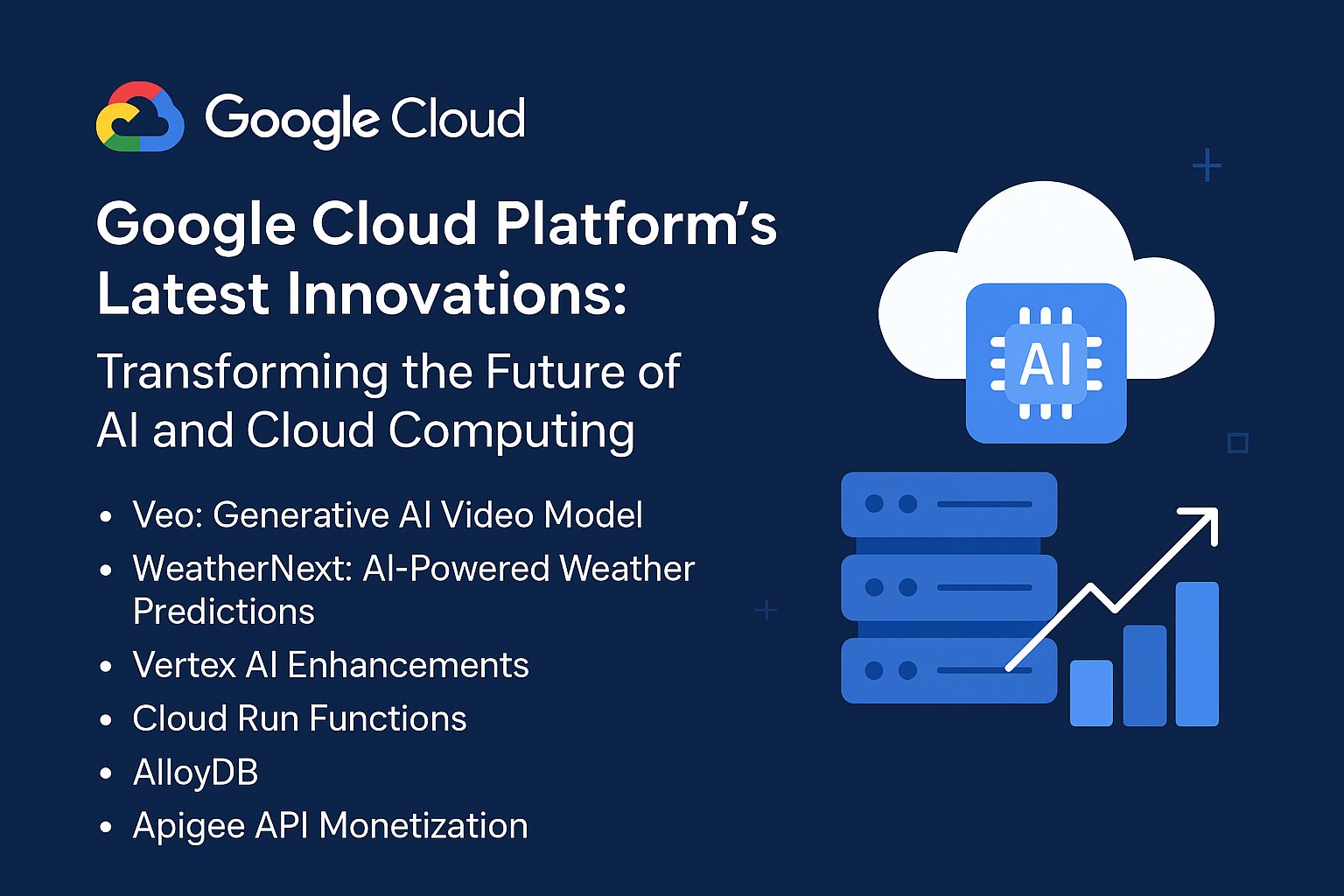Table of Contents:
- Introduction: AI in Education
- Personalized Learning and Its Importance
- Data-Driven Approaches in AI for Education
- AI Tools Enhancing Personalized Learning
- Benefits of AI in Personalizing Learning
- Challenges and Ethical Considerations
- Future of AI in Education
- Resources and Further Reading
1. Introduction: AI in Education
Artificial Intelligence (AI) is increasingly being incorporated into educational systems to improve learning outcomes. AI in education refers to the use of intelligent systems and algorithms to assist, enhance, or automate teaching and learning processes. The integration of AI aims to revolutionize traditional learning environments, enabling more adaptive and personalized experiences for students.
Resources:
2. Personalized Learning and Its Importance
Personalized learning involves tailoring educational experiences to the individual needs, skills, and interests of each student. AI enables this approach by analyzing data to provide customized learning paths, pacing, and content. Personalized learning can improve student engagement, motivation, and outcomes by addressing the unique learning styles of each learner.
Resources:
3. Data-Driven Approaches in AI for Education
AI relies on data to identify trends, patterns, and individual learning needs. In education, data such as test scores, interaction with learning platforms, and even emotional responses can inform AI systems. This data can be used to predict learning outcomes, recommend tailored resources, and give teachers real-time insights into student performance.
Resources:
4. AI Tools Enhancing Personalized Learning
There is a wide variety of AI-powered tools that help to deliver personalized education. These tools include intelligent tutoring systems, adaptive learning platforms, chatbots for immediate assistance, and data analytics tools for tracking student progress. AI can offer real-time feedback and tailor educational content to fit each learner’s pace.
Resources:
5. Benefits of AI in Personalizing Learning
AI has several advantages in personalizing education. By leveraging data, AI can create an individualized learning experience for each student, leading to:
- Improved academic outcomes
- Increased student engagement
- Better support for diverse learning styles
- Enhanced teacher effectiveness through data-driven insights
Resources:
6. Challenges and Ethical Considerations
While AI in education offers many benefits, it also presents challenges. These include:
- Privacy concerns about student data
- Bias in algorithms
- Lack of access to AI tools for all students
- Teacher resistance to AI integration
It’s crucial to address these challenges by developing ethical guidelines for AI use in education, ensuring transparency, and safeguarding student privacy.
Resources:
- Ethical Considerations for AI in Education
- Challenges of AI in Education: Addressing Bias and Equity
7. Future of AI in Education
The future of AI in education looks promising, with continuous advancements in machine learning, natural language processing, and other AI technologies. We can expect greater integration of AI tools that will:
- Further enhance personalized learning
- Provide intelligent feedback and assessments
- Enable global learning accessibility
As technology continues to evolve, AI could reshape the landscape of education, making it more flexible, engaging, and efficient.
Resources:
8. Resources and Further Reading
For those looking to dive deeper into AI in education, here are some useful resources:
- AI in Education: A Strategic Overview
- The Role of Artificial Intelligence in Education
- AI for Education: Current Trends and Future Possibilities
This table of contents offers a comprehensive overview of AI’s role in personalizing learning experiences, with resources for deeper exploration. Each section illustrates how AI is reshaping the educational landscape, benefiting students and educators alike.

